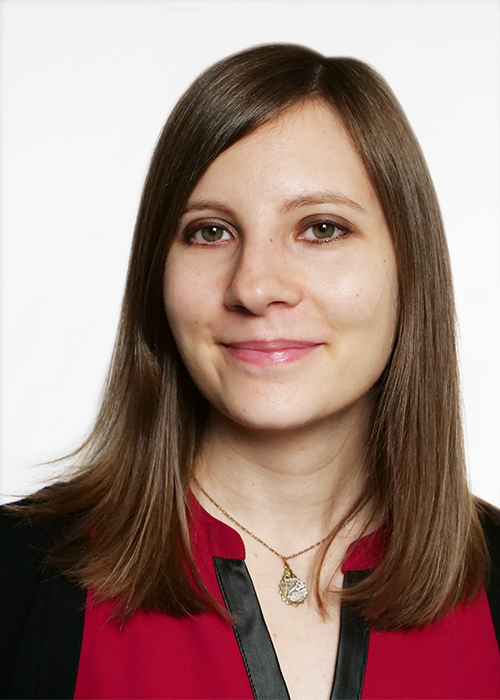Lauren Flood works at the intersections of music, anthropology, sound studies, and science and technology studies. Focusing on experimental musical instrument builders in Berlin and New York City, her work investigates the interrelations between sonic machines, design and craftsmanship, discourses on artistic labor, and hands-on DIY practices in an increasingly digital world. At Penn, she will be working on an ethnographic monograph that explores how DIY music technologists navigate issues of ethical labor and cultural citizenship, including the tensions between creativity and entrepreneurship, and their engagement with innovations such as artificial intelligence and the recycling of electronic waste. She was a Mellon Postdoctoral Fellow in the Humanities at MIT from 2016-2018 and has received funding from the Whiting Foundation, the Berlin Program for Advanced German and European Studies, and the National Science Foundation.
Lauren Flood
Andrew W. Mellon Postdoctoral Fellow in the Humanities
2018—2019 Forum on Stuff
Lauren Flood
Ethnomusicology
Columbia University, 2016
Permanent Prototype: Working with Sound in the Maker Age
This project is an ethnography of DIY music technologists in Berlin and New York City—a constellation of “makers” (inventors, hackers, sound artists, circuit benders, musicians) who build their own experimental musical instruments, gear, and other sound-focused technologies. Exploring the production, circulation, and cultural significance of handmade musical instruments and gear, the book interprets “DIY” as a category of invention and an informal economy between labor and leisure. I trace the creative and commercial tensions of DIY from the emergence of hobbyism as a form of “productive leisure” to the prevailing discourse of punk rock and the adoption of DIY as the rallying cry of the recent Maker Movement. I consider how these music technologists engage artificial intelligence, produce tangible and virtual instruments, and are spearheading a renewed fascination with modular synthesizers. The book investigates the historical dimensions of electronics tinkering behind the Iron Curtain (and the circulation/blockage of materials that occurred), in tandem with a consideration of the contemporary relations in Berlin between makers and technology start-ups, including discourses on crafts-based businesses and the role of makers in gentrification. I argue that the cultivation of the self as a productive cultural citizen—a process of “becoming” that I liken to a state of “permanent prototyping”—is central to my interlocutors’ activities, through which sound, self, and instrument are continually remade.



